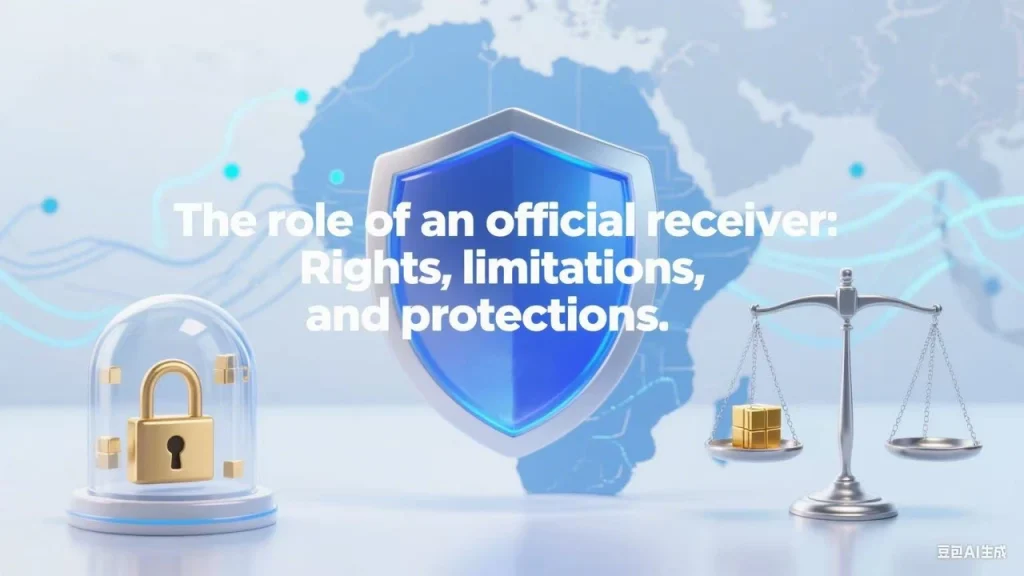- Official receivers provide a neutral legal mechanism to manage institutional wind-up processes
- The AFRINIC situation raises broader concerns over regional internet governance and legal safeguards
Understanding the official receiver’s role in AFRINIC’s wind-up process
In cases of organizational failure, courts may appoint an official receiver to safeguard assets, clarify obligations, and manage a structured transition. The receiver operates as a neutral officer of the court with clearly defined powers under company law. Their appointment typically follows a judicial determination that a corporate entity can no longer function under its existing governance.
In the context of AFRINIC’s ongoing legal challenges and administrative collapse, the role of an official receiver is being actively considered. This approach offers a lawful pathway to stabilise operations, secure digital infrastructure, and avoid abrupt disruption in regional internet services.
The receiver would be responsible for taking custody of AFRINIC’s assets, documenting liabilities, and reporting to the court. These actions would include preserving registry databases, maintaining access to IP allocation records, and preventing unauthorised data loss or modification. The receiver would not be empowered to restructure AFRINIC’s board or reassign IP resources without further legal authorization.
Also read: Cloud Innovation calls for AFRINIC wind-up after ‘impossible’ election standards
Also read: EXPOSED: The letter that reveals who was really benefitting from AFRINIC’s lawsuits
Limitations and scope of authority under Mauritian law
Under the Companies Act of Mauritius, the official receiver’s authority is confined to administrative and protective actions. Their role is not political and does not involve policy development. This legal design ensures that the process remains transparent, procedurally fair, and immune from external influence.
In practice, this means the receiver can freeze expenditures, oversee asset audits, and ensure continuity of technical operations where possible. They may also liaise with national authorities, technical operators, and international organisations to maintain service stability during the transition. However, any decision involving long-term governance or delegation of authority would require either creditor consent or additional judicial orders.
As AFRINIC operates within a global technical ecosystem, the receiver’s administrative decisions must also be compatible with agreements governing internet number registries. These include regional and intergovernmental protocols that oversee IP address allocation. Ensuring compliance with these frameworks, while remaining legally grounded in Mauritius, presents a unique legal and operational challenge.
A test case for regional governance in technical systems
The AFRINIC situation brings into focus the broader tension between regional autonomy and global compliance in internet governance. As the court considers formal dissolution, stakeholders are watching whether the receiver can uphold service integrity without political interference.
The legal mechanism of an official receiver provides one of the few available frameworks that balances neutrality, accountability, and continuity. It also presents a real-world test of whether regionally based technical institutions can survive breakdowns in governance while remaining aligned with the demands of global internet infrastructure.

